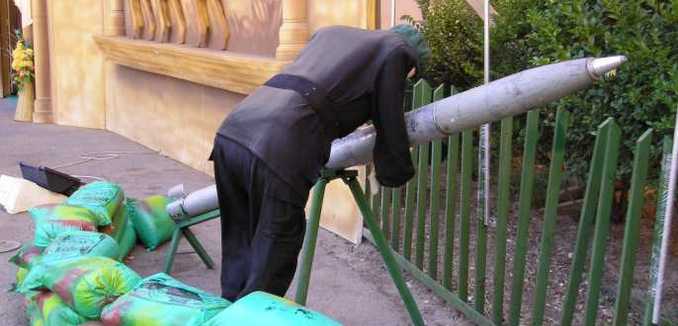Both incoming Secretary of State John Kerry and CIA chief nominee John Brennan have in recent months called on the European Union to formally designate the Iran-backed group Hezbollah as a terror organization. Daniel Benjamin, who until recently was the U.S. State Department’s Coordinator for Counterterrorism, has said that the Washington expects the E.U. to blacklist the group and that not doing so is undermining American security. Congressional sentiment on the matter has not been muted.
Yesterday National Security Adviser Thomas Donilon took his turn, citing the recently announced results of Bulgaria’s investigation into the July 2012 Burgas, Bulgaria bombing that killed five Israelis and a Bulgarian:
Now that Bulgarian authorities have exposed Hezbollah’s global terrorist agenda, European governments must respond swiftly. They must disrupt its operational networks, stop flows of financial assistance to the group, crack down on Hezbollah-linked criminal enterprises and condemn the organization’s leaders for their continued pursuit of terrorism… Europe must now act collectively and respond resolutely to this attack within its borders by adding Hezbollah to the European Union’s terrorist list.
Hezbollah has conducted attacks against U.S. interests for decades, and until September 11th its operatives had killed more Americans than those of any other existing terror group. Its campaigns against U.S. intelligence officials – which have included kidnappings and filmed tortures conducted across years – have incurred what multiple top U.S. officials describe as a “blood debt.”
Washington long ago blacklisted the group but E.U. countries including France and Germany have resisted following suit, reluctance that they ground in concerns over Lebanese stability but which analysts have linked to fears of Hezbollah retaliation. As a consequence Hezbollah conducts robust fundraising on the Continent, and Hezbollah head Hasan Nasrallah has said that an E.U. designation would “dry up the sources of finance, end moral, political and material support, stifle voices… [and] pressure states which protect the resistance in one way and another.”
Nevertheless E.U. resistance to acknowledging that Hezbollah is terror group may become increasingly strained as the Bulgarians present evidence that Hezbollah committed a terror attack on E.U. soil that took the life of an E.U. citizen.
One possible option reportedly under consideration – which would see the E.U. adopting the U.K.’s policy of blacklisting Hezbollah’s military wing but not its political wing – is likely to be criticized as unsustainable in light of analysis and statements by Hezbollah that no such distinction exists.
[Photo: Aotearoa / Wiki Commons]




